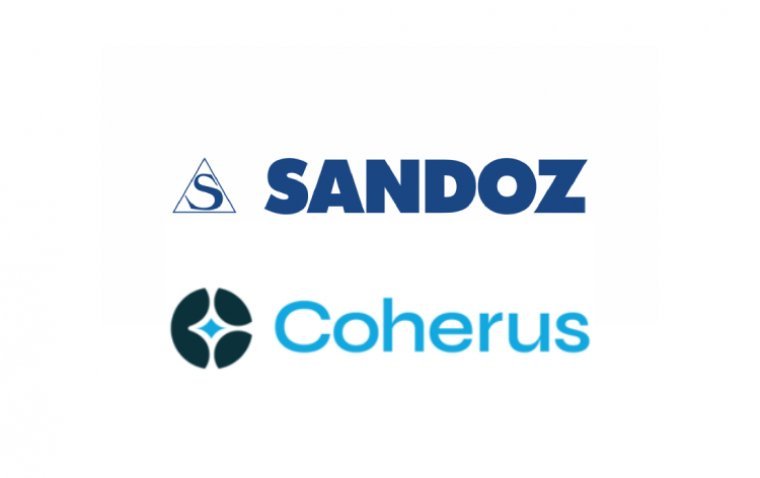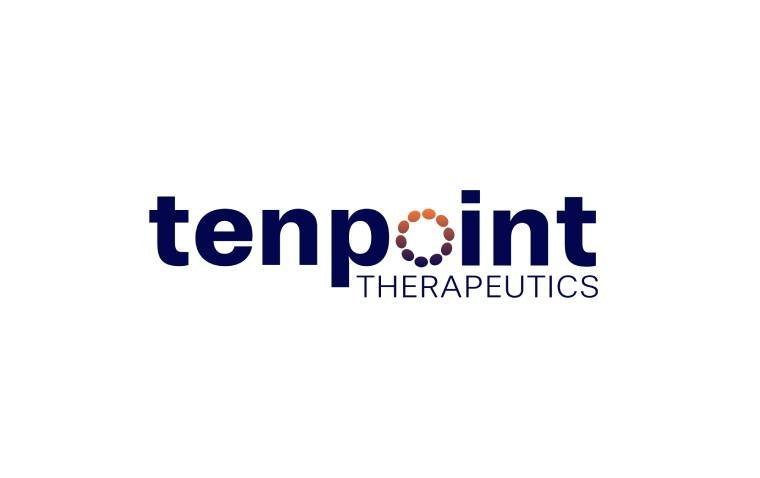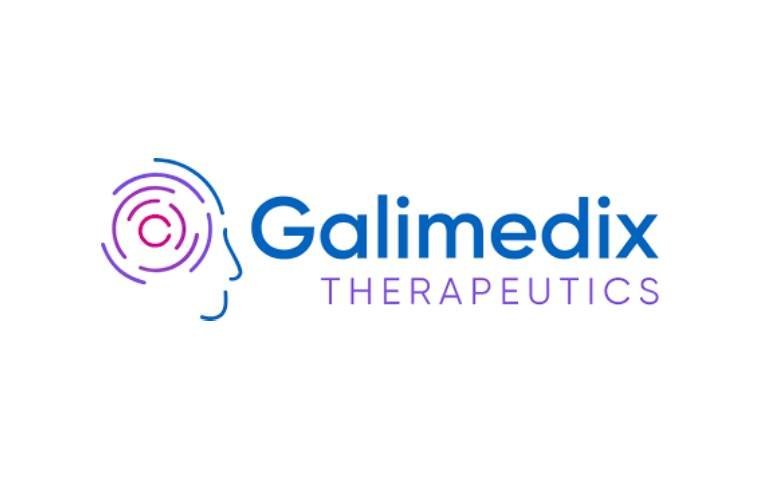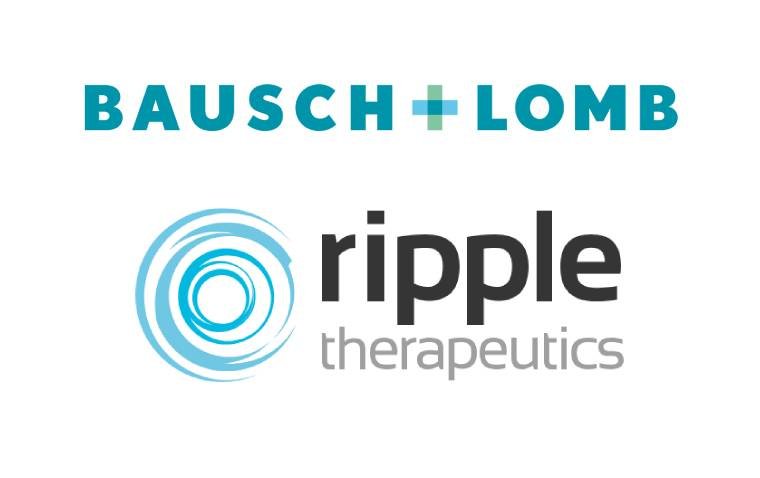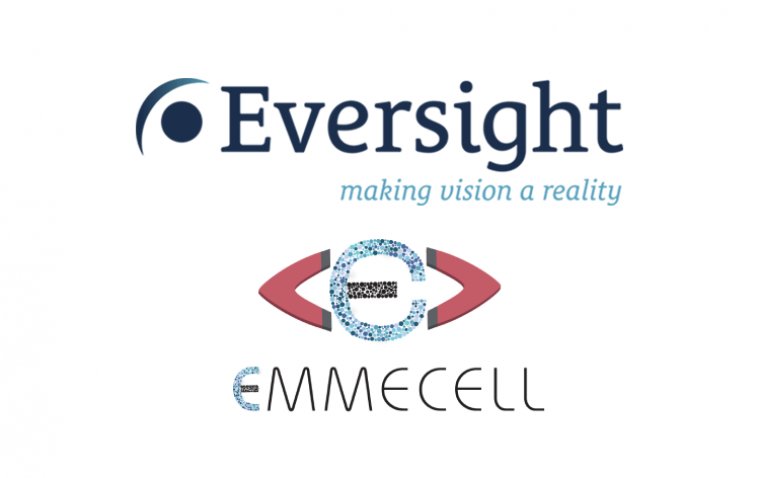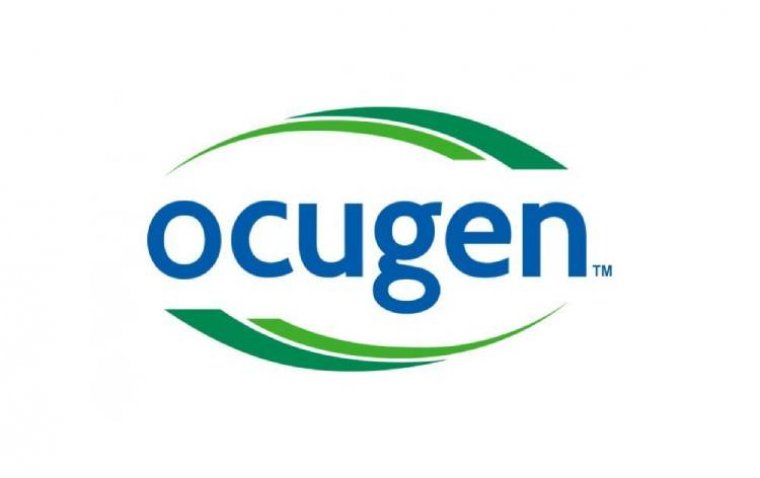
Ocugen Initiates Phase 3 Clinical Trial for OCU400 Gene Therapy for Retinitis Pigmentosa
Ocugen has commenced its Phase 3 liMeliGhT clinical trial for OCU400, marking a significant milestone in the pursuit of a transformative gene therapy for retinitis pigmentosa (RP). The announcement comes following the dosing of the trial's first patient, underscoring Ocugen's commitment to advancing potential treatments for this sight-threatening condition.
Retinitis pigmentosa is a genetic disorder that affects the retina, which is the light-sensitive tissue at the back of the eye. It causes progressive degeneration of the retina's photoreceptor cells, namely the rods and cones, which are responsible for capturing and processing light. As these cells deteriorate over time, individuals with RP experience gradual vision loss.
Dr. Shankar Musunuri, Chairman, CEO, and Co-founder of Ocugen, emphasized the importance of this development in a recent company release, stating, "Each clinical milestone achieved by OCU400 brings us closer to providing a one-time treatment for life to patients living with RP." With an estimated 300,000 individuals affected in the US and Europe alone, and 1.6 million globally, the need for effective therapies is pressing.
Building on Encouraging Phase 1/2 Data
The Phase 3 trial builds upon encouraging Phase 1/2 data for OCU400, which demonstrated promising trends in various visual acuity measures. Notably, a significant proportion of subjects exhibited preservation or improvement in best-corrected visual acuity (BCVA) and multi-luminance mobility testing (MLMT). This positive foundation supports Ocugen's optimism as they progress to larger-scale trials.
Details of the liMeliGhT Study
The liMeliGhT study, spanning a duration of one year, aims to enroll 150 participants across two arms: one comprising individuals with RHO gene mutations and the other gene-agnostic. Participants will be randomly assigned to either the treatment group receiving 2.5 x 10^10 vg/eye of OCU400 or an untreated control group. Eligible patients, aged 8 years and older, presenting with early to late-stage RP, are being actively recruited.
A novel primary endpoint, Luminance Dependent Navigation Assessment (LDNA), will be employed to evaluate treatment efficacy. This measurement, considered more sensitive than previous methods, focuses on assessing functional improvements in treated versus untreated eyes.
Looking Forward
Ocugen has secured orphan drug and Regenerative Medicine Advanced Therapy (RMAT) designations from the FDA, underscoring regulatory recognition of OCU400's potential therapeutic value. The European Medicines Agency (EMA) has also granted acceptance of the US-based trial for submission of a Marketing Authorization Application (MAA).
Looking forward, Ocugen remains committed to its timeline, aiming for Biologics License Application (BLA) and MAA approvals by 2026. The initiation of Phase 3 trials represents a critical step toward achieving these milestones and potentially offering new hope to RP patients worldwide.
Reference:
(1).jpg)
